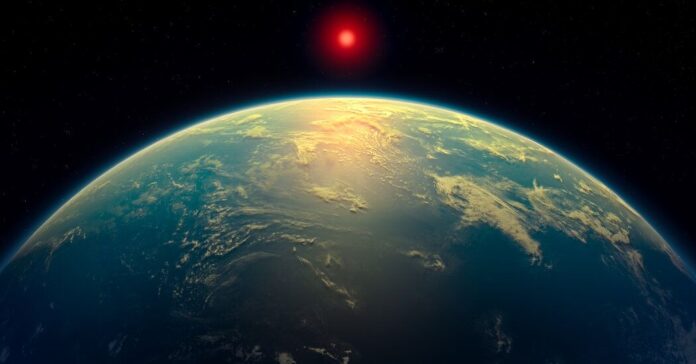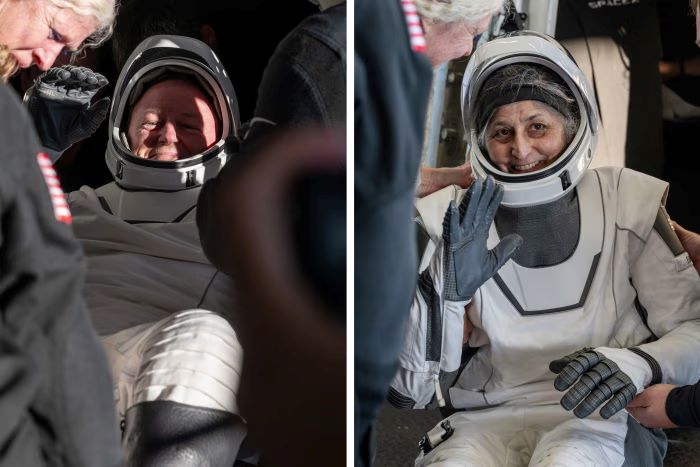UK researchers have detected gases on a faraway planet that, on Earth, are only made by living organisms. Scientists from the University of Cambridge made the discovery using NASA’s James Webb Space Telescope.
The planet, K2-18 b, is about 124 light-years away in the Leo constellation. It is considered a “hycean” planet, meaning it may have a hydrogen-rich atmosphere and liquid water oceans. These conditions make it a strong candidate for hosting life.
The telescope detected dimethyl sulfide and dimethyl disulfide in K2-18 b’s air. On Earth, these gases come only from living organisms, mainly marine microbes such as phytoplankton. Scientists were surprised to find levels thousands of times higher than those on Earth.
What the Lead Researcher Says
Dr. Nikku Madhusudhan, a Cambridge University astrophysicist, led the study published in The Astrophysical Journal Letters on Thursday. He said, “What we are finding at this point are hints of possible biological activity outside the solar system.”

He added, “Frankly, I think this is the closest we have come to seeing a feature that we can attribute to life.”
However, the researchers cautioned that these gases could result from unknown natural processes. More telescope observations are needed to confirm whether living organisms are truly responsible for the detected compounds.
Like 👍, Comment, share this article, and Follow us on our social media handles.







